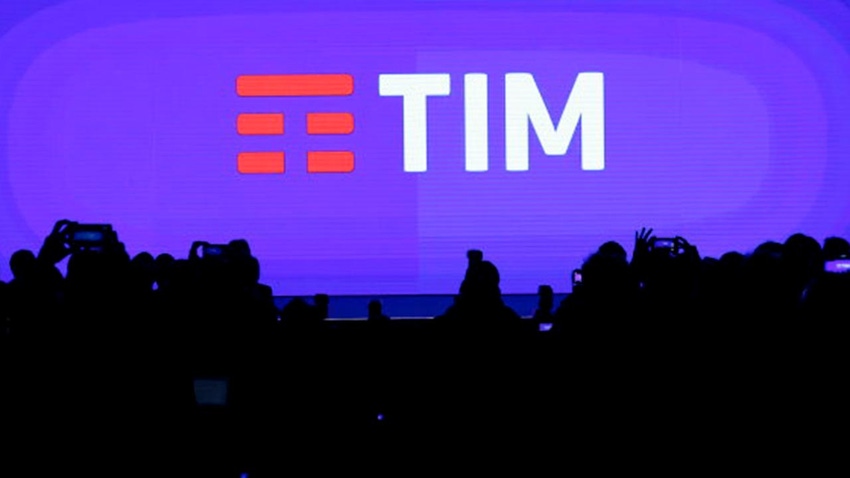KKR is apparently still interested in acquiring TIM, but has reportedly shaved around a fifth off its original offer price.
March 9, 2022

KKR is apparently still interested in acquiring TIM, but has reportedly shaved around a fifth off its original offer price.
That may seem like an odd move, given that many inside the Italian incumbent oppose the proposed takeover in part because it undervalues the telco. But with the operator’s board being far from united on that front, and TIM’s share price having taken something of a spanking in recent weeks, you can see why the private equity firm is taking a punt; it’s interest in TIM and its assets is purely about returns, after all.
This latest twist in the ongoing saga over TIM’s future comes from Reuters, which cites a report in Italian newspaper Il Messaggero. The paper claims KKR is still interested in a takeover deal – which is perhaps something of a surprise, given the radio silence from TIM in the wake of its offer last year – but that it is dropping its price to €0.40 per share.
That’s significantly lower than the €0.505-per-share, or around €10.8 billion, bid it tabled in November that TIM has – publicly, at least – effectively ignored.
In the interim, TIM has formulated its own strategic plan for the future, a move clearly designed to sidestep the takeover option. Last week chief executive Pietro Labriola presented a plan to split off TIM’s network assets into a separate legal entity, a move he believes will generate value for the telco’s existing shareholders. He also indicated that TIM believes KKR’s valuation to be too low, so one can only imagine how he, and others of a similar ‘independent TIM’ mindset, are viewing the reported new offer.
However, TIM’s share price, which has been in the doldrums for the past few years – hence the private equity interest – tanked following the publication of Labriola’s plan, dropping as low as €0.22 on Monday. The telco has not traded above the original KKR offer price since it was tabled, incidentally; it hit a high of €0.50 a couple of days after the bid came in, having previously languished around the €0.35 mark, but the spike was brief and the price was on a gradual downward slope until Labriola’s strategic plan sent it on a deep dip. It’s pretty clear the market is unhappy with the idea of TIM splitting in two and forging on under its own steam. Indeed, its share price is now on the up again following the reports that KKR is still in the game.
The market knows what it wants. But as of yet, TIM does not.
As Il Corriere della Sera reported on Wednesday, TIM’s board remains split on its future direction, with five Vivendi backed directors supporting Labriola’s standalone plan, while another five independents favour opening discussions with KKR.
The Italian financial daily suggests that TIM chairman Salvatore Rossi will hold a board meeting on Sunday on the matter.
Rossi’s vote could prove decisive in terms of the KKR bid, the paper points out, as could that of Giovanni Gorno Tempini, chairman of the board of state-owned lender Cassa Depositi e Prestiti (CDP), which holds a 10% stake in TIM. CDP has not formally stated its position on KKR, but it is a supporter of the single network project, holding as it does a 60% stake in Open Fiber, and backed Labriola’s spin-off plan. Furthermore, it is known to value its stake in TIM at significantly more than KKR’s initial offer price.
Ultimately though, with TIM’s share price struggling, there could still be a way in for KKR, even with an offer that’s more than €2 billion less than it was willing to pay a few short months ago.
About the Author(s)
You May Also Like








.png?width=300&auto=webp&quality=80&disable=upscale)


_1.jpg?width=300&auto=webp&quality=80&disable=upscale)


.png?width=800&auto=webp&quality=80&disable=upscale)